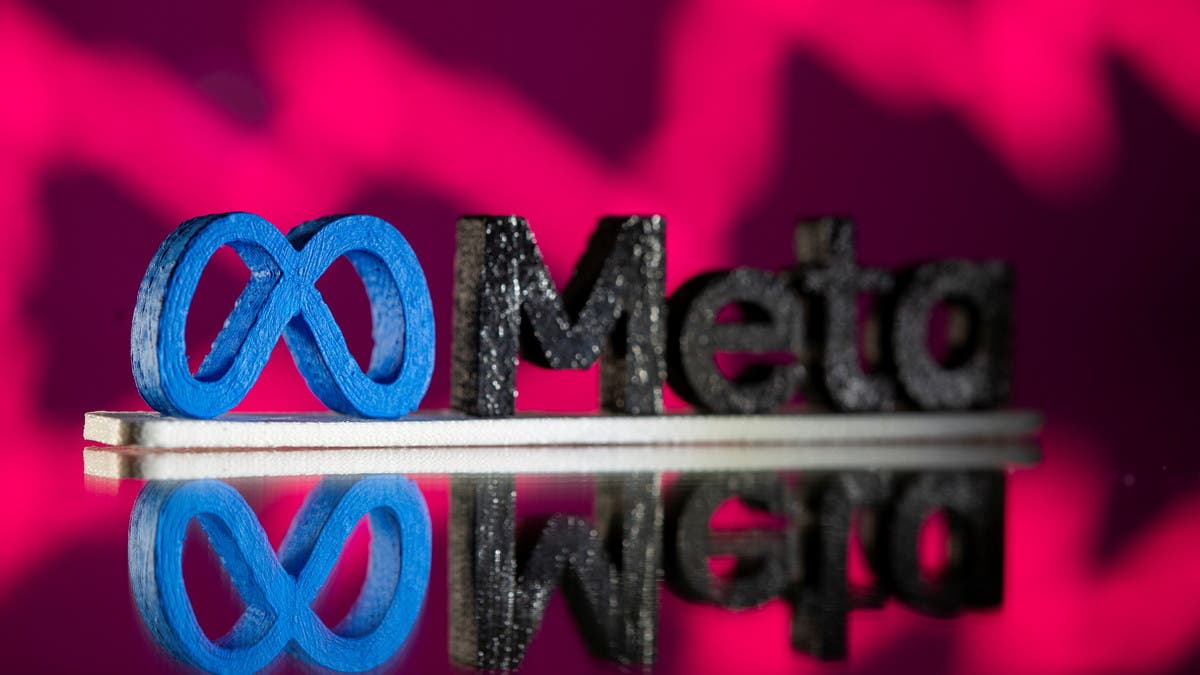Facebook parent company Meta Platforms Inc. has halted development of a smartwatch with dual cameras and is instead working on other devices for the wrist, according to a person with knowledge of the matter.
The device, which has been in development for at least two years, was designed to include several features common in other smartwatches, including activity tracking, music playback and messaging.
A prototype of the now halted device includes dual-cameras, a key differentiator from market leaders like the Apple Watch. One camera was located below the display and another sat on the backside against the wearer’s wrist, according to images and video of a prototype seen by Bloomberg.
For the latest headlines, follow our Google News channel online or via the app.
The second camera was designed so users could remove the watch face from its strap to quickly take pictures. But the presence of the camera caused issues with another feature for translating nerve signals from the wrist into digital commands, the person said. Having that technical ability, known as electromyography, is a top priority for Meta.
Meta has touted the benefits of electromyography as a way of using a person’s hands as a “controller for other devices,” including those geared toward the metaverse.
“This is about decoding those signals at the wrist — the actions you’ve already decided to perform — and translating them into digital commands for your device,” a blog post from Meta published earlier this year said.
Meta executives have discussed the potential of smartwatches as part of its vision for the so-called metaverse, an immersive version of the internet where people will interact with other users as digital avatars. Sensors within wrist devices could be used to help people control their avatar, or interact with what they observe through a pair of augmented reality glasses, for example.
Despite the dual-camera device being halted, Meta is still working on multiple other wrist-worn devices. Employees working on the watch, codenamed Milan, were told this week that the device is no longer on track for production, the person said. It was originally targeted for release in spring 2023 at price point around $349, they added.
A spokesperson for Meta declined to comment.
Cost cuts likely also played a role in the company’s decision to halt development of the watch. Meta executives said on an earnings call in April that the company’s annual expenses would decrease by $3 billion this year given a broader business slowdown. That has also impacted hiring at Meta, where filling some management roles has been paused or slowed in recent months. General cost cutting means prioritizing certain projects and efforts over others, Chief Executive Officer Mark Zuckerberg told investors at the time.
Some of the features developed for the dual-camera watch will likely still appear in future products. The prototype device seen by Bloomberg has the following features:
A removable watch face with a gold-colored casing. The case has two buttons on the side, including a long, pill-shaped one and a small circular control.
Dual cameras: A 5-megapixel camera on the front of the watch face, and a 12-megapixel camera on the back side of the watch for use when the face has been detached.
Apps for Spotify, WhatsApp, Instagram Stories, daily activity tracking, workouts, the photo gallery, heart rate monitoring, calendar, settings, and breathing.
The watch also includes a notification center and lock screen. The device doesn’t have a built-in App Store and users instead would manage apps and features from their
Facebook account. Wearers would also have been able to post details of their fitness activities or achievements directly to Facebook and Instagram from the device.
An image of the prototype first appeared inside of Meta’s app to manage its Ray-Ban Stories smart glasses and was published by Bloomberg last year. Some prior details of the device were also previously reported by The Verge.
The Milan smartwatch was being developed by Meta’s Reality Labs division, the part of the company working on long-term bets and building the metaverse.
Zuckerberg has said that though Reality Labs is a key investment area for the company, those expenditures will cut into profits and result in “significant financial losses” in the unit in the short term.
Read more:
WhatsApp has until July to comply with EU consumer law, EU says
The Palestine community that helps aspiring techies start a career with Google, Meta
In pictures: Dubai burger joint Pickl offers first glimpse of metaverse restaurant

 World2 years ago
World2 years ago
 World2 years ago
World2 years ago
 Entertainment7 years ago
Entertainment7 years ago
 World7 years ago
World7 years ago
 Entertainment7 years ago
Entertainment7 years ago






